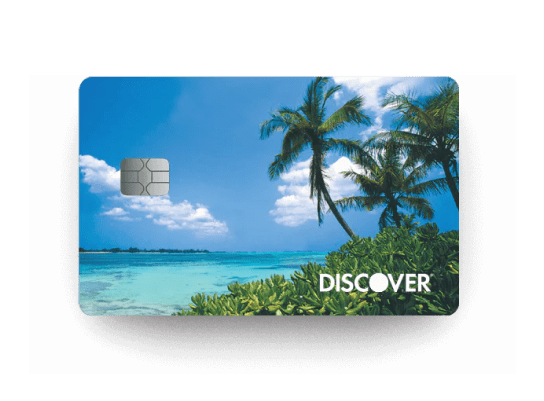When you’re traveling to a foreign country or shopping online with a foreign seller, your credit card can be a big convenience. Credit cards can make shopping easier and safer with a foreign merchant. But after using your card for a transaction in a foreign currency, you might find that your transactions are more expensive than you expected.
This may be because your credit card has added a foreign transaction fee to the purchase. These charges can add up quickly, so it helps to know how to avoid foreign transaction fees.






